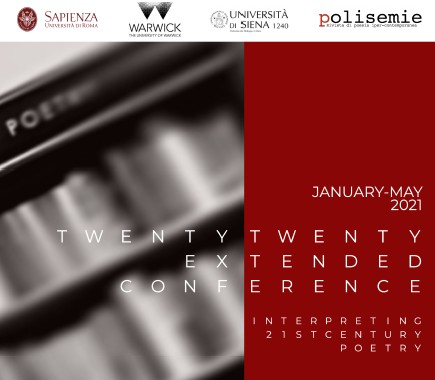Issue sixty of OTOLITHS, the southern summer, 2021, is now live. Rounding out fifteen years of the journal, it maintains the eclectic & exciting mix of visuals & text that has graced it since its beginning. Included in this issue are Christian ALLE, Constant Laval Williams, Sanjeev Sethi, Seth Leeper, Kelsey Swancott, hiromi suzuki, DS Maolalai, Louise Landes Levi, Diana Magallón, Jonathan Minton, S. K. Kelen, Lynn Strongin, Arrowsmith Forge, Pete Spence, Kon Μarkοgiannis, Jim Leftwich, Michael Leach, Mark Danowsky, Timothy Pilgrim, John Stickney, Jack Galmitz, Doug Bolling, Michael Sikkema, Kristin Garth, Kyle Hemmings, Joanna Walkden Harris, Pete Spence, Elaine Woo, Craig Cotter, Charles Borkhuis, Mary Kasimor, Kyle Seibel, Vernon Frazer, Judith Skillman, Owen Bullock, Grzegorz Wróblewski, Nathan Whiting, Seth A. Howard, Jeff Crouch, Ian Goodale, Barnaby Smith, Chidambar Navalgund, Shloka Shankar, Jeff Harrison, John M. Bennett, Adam Rousopoulos, J. D. Nelson, Darrell Petska, Karl Kempton, Jenny Enochsson, Jen Schneider, Ryan Scott, Nico Vassilakis, Doug Jones, Olivier Schopfer, Tom Montag, Simon Perchik, Luis Cuauhtémoc Berriozábal, AG Davis, Naomi Buck Palagi, Scott Helmes & Carol Stetser, Tony Beyer, Tom Beckett, Cecelia Chapman, Vera Constantineau, Eric Hoffman, Bruno Neiva, Clara B. Jones, Dave Read, Bob Lucky, gobscure, Harvey Huddleston, Isabel Gómez de Diego, Oormila Vijayakrishnan Prahlad, Richard Kostelanetz, Kathup Tsering, M.J. Iuppa, Penelope Weiss, Joseph Salvatore Aversano, David Lohrey, Lewis LaCook, George Myers, Jr., Nathan Anderson, Jake Sheff, Johannes S. H. Bjerg, Keith Nunes, Jeff Bagato, Kell Nelson, Anna Cates, Elmedin Kadric, Andrew Pascoe, Toby Fitch, Marcia Arrieta, Jim Meirose, Joel Chace, John Levy, Marilyn Stablein, K.S. Ernst & Sheila E. Murphy, Natsuko Hirata, Alan (Chong) Lau, Alberto Vitacchio, Claudia Serea, Steven Fraccaro, Bob Heman, Randee Silv, Valeria Sangiorgi, Mark Pirie, Casey Bush, Carla Bertola, horace p sternwall, Michael Brandonisio, Kirsty Lewin, Eve Rifkah, Paul Pfleuger, Jr., Vassilis Zambaras, Edward Kulemin, Thomas Fink, Maya D. Mason, Zebulon Huset, Robert Knight, Kristian Patruno, Adam Rosenkranz, Peter Yovu, Guy R. Beining, & with a cover photo by Daniel de Culla which incorporates a cover photo of issue fifty-seven.
_

 *
*




